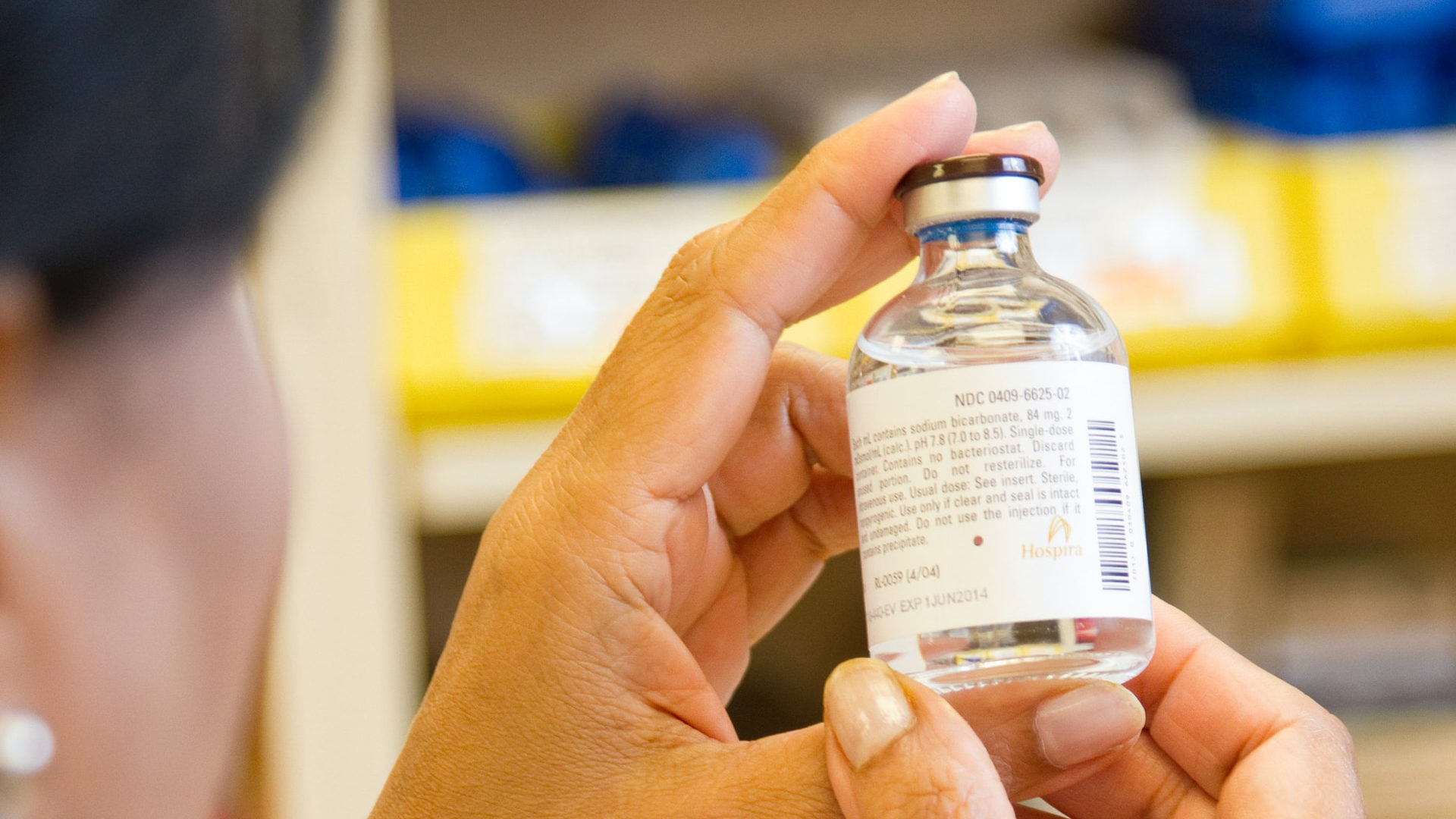Retail Scanner
Product Listing Ads
July 2020
A question of liability, algorithms and AI. Product listing advertisements (PLAs) should not be unknown to the reader. They generally appear at the top of search results or half way down and generally consist product image, price and link to a supplier of that product.
However, although PLAs may be familiar to most readers they work in a fundamentally different way to more conventional and widespread keyword advertisements.
Conventional keyword advertisements are based on an advertiser bidding on a keyword term, which could be a generic term or indeed a trade mark, against other advertisers, and then the chosen advertisement is triggered when a search is conducted of the keyword term. The chosen advertiser is then charged for each click on the advertisement concerned. PLAs, however, derive from the algorithm of the search platform itself, which chooses the relevant keyword based on the product description searched and importantly the consumers past search history. Thus, the fundamental difference between PLAs and conventional keyword advertising is that a conventional keyword advertisement is initiated by the advertiser, subject to some suggestions by the algorithms of the search platform advertising system, whereas PLAs are arguably initiated solely by AI within the search platform itself, the parameters of which in turn can be controlled by the search platform. This difference does raise interesting questions on the issue of liability, when it comes to trade mark infringement and such advertisements and has wider implications when advertising becomes more widespread in AI applications in the retail sector.
The law surrounding trade mark infringement and conventional keyword advertising is relatively settled and centres on the guidelines laid down in the well-known CJEU case of Louis Vuitton Malletier SA vs Google France and Google. In this case it was held that the search platform, in that case Google, would not be held liable for any trade mark infringement linked to the keyword term, unless the platform took an ‘active part’ in the keyword suggestion. Most keyword suggestion platforms are automated and given that the process generally has to be initiated by a suggestion by the advertiser, then unless the search platform was on notice of an infringement, Google was held not held liable for trade mark infringement in the said case. However, what about PLAs where the search platform takes a much more active part in the initiation of the advertisement concerned?
There has been no cases directly on the issue of PLAs or the liability of search platforms with regards such adverts. However, a recent case before the German Federal Court in January of this year suggests that search platforms could be held liable in such cases. The case at issue concerned a dispute between Ortlieb Sportartikel GmbH, which was a sport equipment manufacturer, and Amazon.de. When a consumer searched for the term ORTLIEB on the Amazon platform product listings were generated which consisted on genuine ORTLIEB product and other products. As an algorithm under the control of Amazon generated these results, Amazon was held potentially liable for the infringing activity in relation to the non-Ortlieb listed product.
The Ortlieb case is analogous to the case of Cosmetic Warriors Ltd v Amazon.co.uk Ltd before the English High Court over the LUSH trade mark. Cosmetic Warriors Ltd, the owner of the LUSH product, did not market its product on Amazon.co.uk, but Amazon initiated keyword advertisements which linked to product search references on its website which listed competing products to the Lush product. Here Amazon was held liable for trade mark infringement, where the LUSH trade mark was visible in the product search listing or the triggered keyword advertisement.
In both the Ortlieb and Lush cases the expectation of the consumer seemed to be key to the finding of infringement, i.e. that they expected branded products to be on sale on the platform concerned, and either it was not exclusively in the case of Ortlieb or in the case of Lush, no Lush branded product was available at all. However, what both these cases show is that where the search platform, in both cases Amazon, had some direct influence over the search platform algorithm, in the words of the Google France case was ‘active’ in the product listings, then it could be held liable for infringement and this has important implications for Product Listing Advertisements and indeed more widely when advertisements become potentially available on AI applications such as Google Home and Amazon Alexa.
The automated nature of conventional keyword advertising platforms such as Google’s AdWords platform combined with ‘takedown’ procedures, to a degree initiated after the Google France decision, has largely given the owners of these platforms a ‘get out’ with liability for trade mark infringement. However, for providers such as Amazon with regards the product listings on its own websites, powered by its own algorithms (which it actively controls), or in future more complex AI retail assistant applications, which partake in advertising the question of liability is more grey and blurred. No doubt new procedures will be developed to reduce exposure to liability for trade mark infringement, as happened with conventional keyword advertising, but we are entering interesting times.































